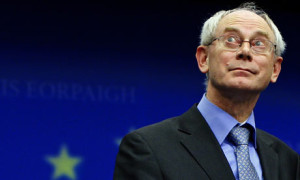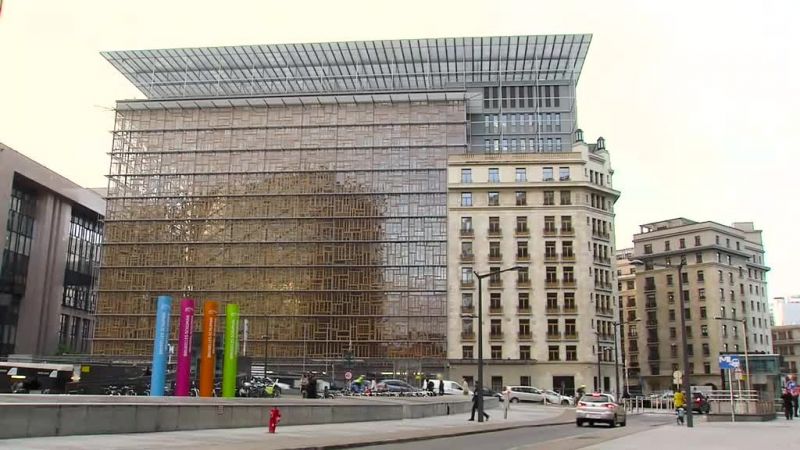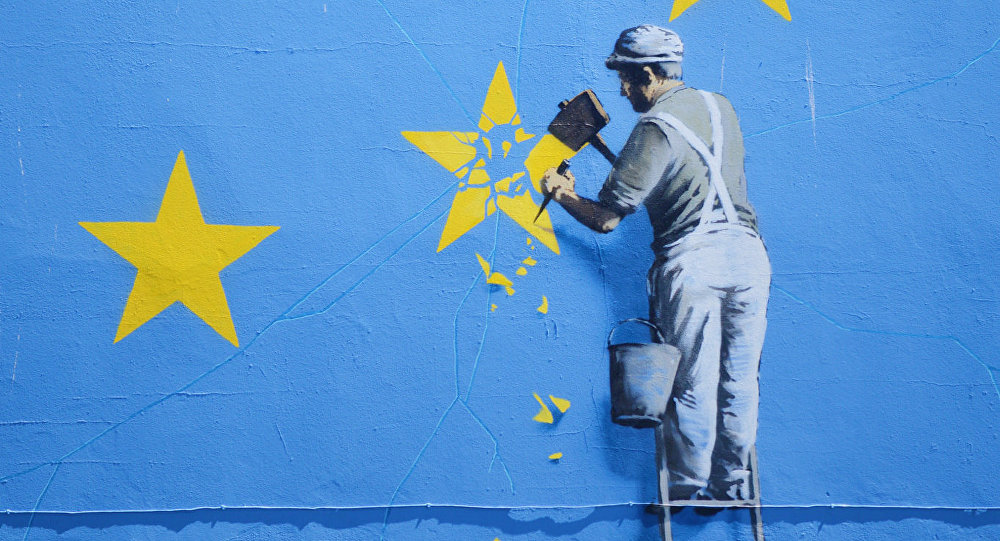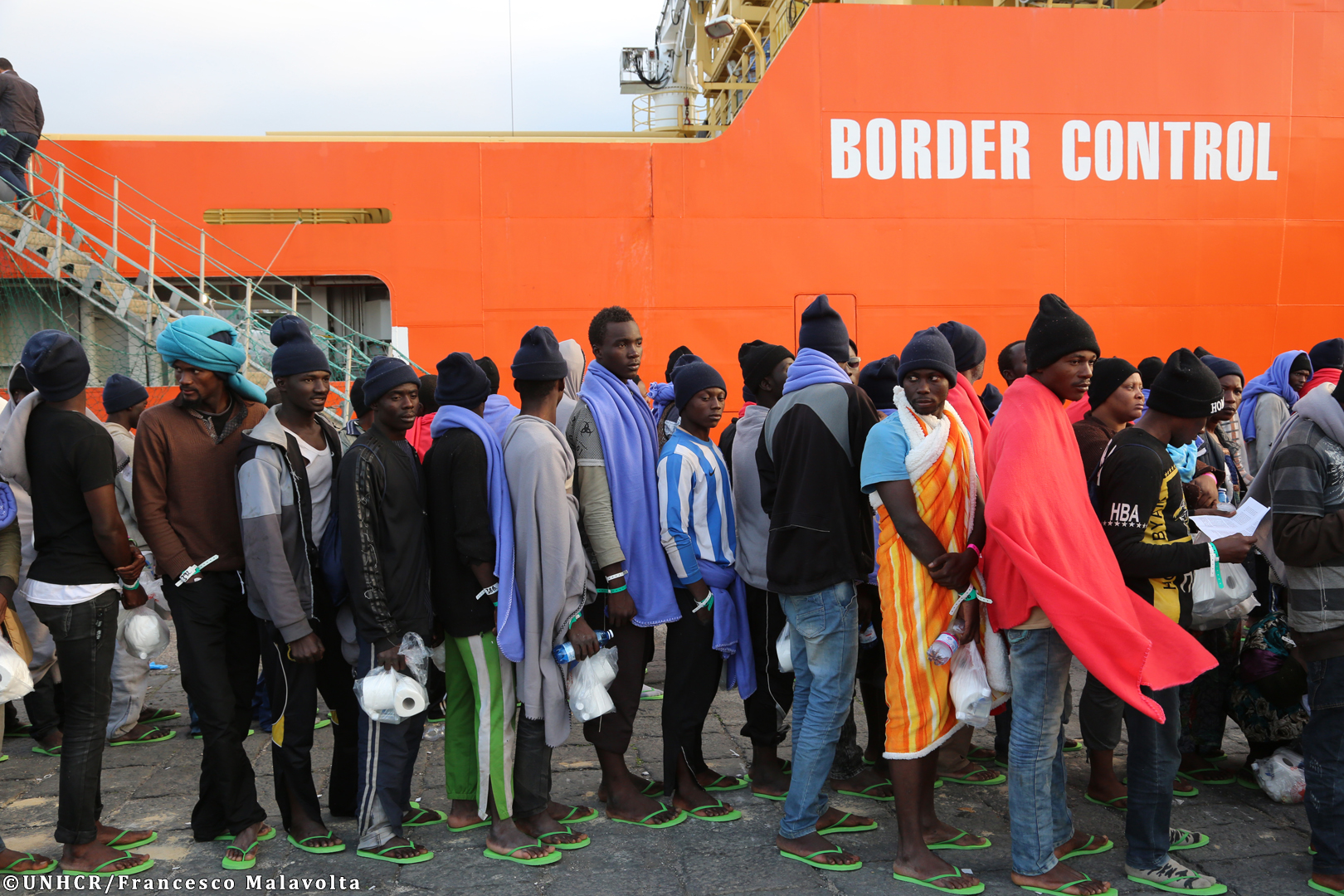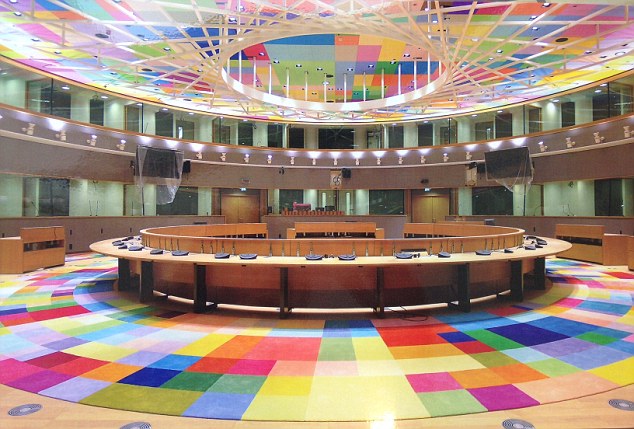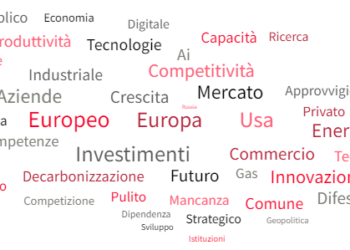Datate ambedue 13 maggio. Un documento sull’economia e l’unione economica e monetaria per il vertice di giugno e l’altro sull’energia per il summit di questo mese. Si spinge sulla creazione di posti di lavoro
– Scarica la bozza di conclusioni del Consiglio del 22 maggio
– Scarica la bozza di agenda del Consiglio del 27 e 28 giugno
Leggi di seguito il testo:
In accordance with Article 3(1) of the Rules of Procedure of the European Council, the President of the European Council, in close cooperation with the member of the European Council representing the Member State holding the six-monthly Presidency of the Council and with the President of the Commission, shall submit an annotated draft agenda to the General Affairs Council.
Delegations will find attached the annotated draft agenda submitted by the President of the European Council, setting out the main items the European Council is expected to address on 27-28 June 2013.
In the light of the final discussion to be held by the General Affairs Council within the five days preceding the European Council meeting, the President of the European Council shall draw up the provisional agenda.
o
o o
The European Council will take stock of the implementation of efforts to boost competitiveness, jobs and growth in Europe and, where necessary, set further orientations to ensure their timely delivery. In particular, it will:
-
exchange views on the action to be taken at national level and endorse country-specific recommendations to guide Member States in their structural reforms, employment policies and national budgets, thus concluding the 2013 European Semester;
-
assess the implementation of the Compact for Growth and Jobs, with a particular emphasis on measures aimed at creating jobs, especially for the young, and on boosting the financing of the economy for fast-acting growth measures;
-
hold an initial exchange of views on industrial competitiveness and policy in preparation of the more comprehensive discussions to be held in February 2014;
-
take stock of ongoing work on smart regulation, including the Commission’s initial concrete proposals further to its report on the “Top Ten” most burdensome regulations for SMEs.
II. ECONOMIC AND MONETARY UNION
The European Council will adopt conclusions further to the presentation by its President of possible measures and a time-bound roadmap on the coordination of national reforms; the social dimension of the EMU; the feasibility and modalities of mutually agreed contracts for competitiveness and growth; and solidarity mechanisms.
It will also take stock of progress as regards the completion of the elements agreed last December for a “banking union”.
It is expected to hold a discussion (pursuant to Article 140(2) TFEU) on Latvia’s application to adopt the euro as its currency.
III. OTHER ITEMS
The European Council will be informed of developments as regards relations with strategic partners. It is not expected to adopt written conclusions on this topic.
The European Council may be invited to take decisions on the opening of accession negotiations with candidate countries.
_____________________
European Council (22 May 2013)
– Draft conclusions
In accordance with Article 2(3)(a) of the Council’s Rules of Procedure, delegations will find attached the draft conclusions prepared by the President of the European Council, in close cooperation with the member of the European Council representing the Member State holding the six-monthly Presidency of the Council and with the President of the Commission.
o
o o
I. ENERGY
- Against the backdrop of high pressure on Europe’s competitiveness and increasing energy demand from major economies, the EU’s energy policy must ensure the uninterrupted supply of households and companies at affordable and competitive prices. While the orientations set by the European Council in February 2011 remain valid and must continue to be implemented, further work is required as set out below.
- Good progress has been made towards meeting the objectives of completing the internal energy market by 2014 and developing interconnections so as to put an end to the isolation of certain Member States from European gas and electricity networks by 2015. Particular priority will be given to:
- the effective and consistent implementation of the third “energy package”, as well as speeding up the adoption and implementation of remaining network codes. Member States which have not yet completed transposition will do so as a matter of urgency;
- the implementation of all other related legislation, such as the Directive on the promotion of renewable energies and the Regulation on security of gas supply;
- more determined action on the demand side as well as the development of related technologies, including the elaboration of national plans for the swift deployment of smart grids and smart meters in line with existing legislation;
- stepping up the role and rights of consumers, including as regards change of suppliers, improved management of energy use and own energy generation; measures should be taken at the appropriate level to help cover the basic energy needs of vulnerable consumers without jeopardising the functioning of the internal energy market.
- The Commission intends to report on the state of implementation of the internal energy market early in 2014. Member States will regularly exchange information on major national energy decisions which have a possible impact on other Member States, while fully respecting national choices of energy mix.
- Significant investments in new and intelligent energy infrastructure are needed to secure the uninterrupted supply of energy at affordable prices. Such investments are vital for jobs and growth and will help enhance competitiveness. Their financing should largely come from the market, which makes it all the more important to have a predictable climate and energy policy framework post-2020, conducive to mobilising private capital and to bringing down costs for energy investment. The European Council welcomes the Commission’s Green Paper on a 2030 framework for climate and energy policies and notes its intention to come forward with such a framework in due time, after which the Council will revert to this issue.
- As regards action taken to facilitate investments, priority will be given to:
- the swift implementation of the TEN-energy Regulation and the adoption this autumn of the list of projects of common interest;
- the adoption by the end of the current legislature of the Directive on the deployment of alternative fuels infrastructure;
- the revision by the Commission of state aid rules to allow for targeted interventions to facilitate energy and environmental investment, ensuring a level-playing field and respecting the integrity of the single market;
- the presentation by the Commission of guidelines on efficient and cost-effective support schemes for renewable energies and on ensuring adequate generation capacity;
- EU and national measures to boost the financing of the economy, including as regards innovative instruments and possibilities for enhanced support by the EIB, in particular for energy efficiency and resource efficiency (on the agenda of the June 2013 European Council);
- continued efforts in energy R&D, technology and exploitation of synergies with ICT, which calls for better coordination of EU, Member States and industry.
- It remains crucial to further intensify the diversification of Europe’s energy supply and develop indigenous energy resources. To that end:
- the deployment of renewable energy sources will continue, while ensuring their cost-effectiveness and integration in the internal energy market;
- the Commission intends to assess a more systematic recourse to indigenous sources of energy with a view to their safe and sustainable exploitation;
- given the increasing interlinking of internal and external energy markets, Member States will enhance their cooperation in support of the external dimension of EU energy policy; the Council will follow up on its conclusions of November 2011 and review developments regarding EU external energy policy before the end of 2013.
- The impact of high energy prices and costs must be addressed, bearing in mind the primary role of the market and tariffs in financing investment. The European Council calls for work to be taken forward on the following aspects:
